According to the Vietnam General Confederation of Labor, there are workers who have never been unemployed their entire lives, although their contributions to the unemployment insurance fund increase with seniority, but they never receive benefits from the unemployment insurance fund.
Need to review the case of paying social insurance for more than 144 months without being reserved
To contribute to the completion of the revised Law on Employment, the Vietnam General Confederation of Labor has organized many conferences to consult opinions on this bill. Notably, many delegates did not agree with the regulations on the period of receiving unemployment insurance.
According to the draft amended Law, the monthly unemployment benefit is equal to 60% of the average monthly salary for the last 6 months of unemployment insurance contributions before unemployment, but not exceeding 5 times the regional minimum monthly wage.
People who pay social insurance for 12 to less than 36 months will receive 3 months of benefits. After that, for every additional 12 months of payment, add 1 month of benefits, up to a maximum of 12 months. People who pay for 144 months (ie 12 years) will receive a maximum of 12 months of benefits. The payment period of more than 144 months will not be retained to calculate unemployment benefits for the next time.
This means that people who have paid social insurance for more than 12 years can only receive unemployment benefits for a maximum of 12 months. If they have never quit their job to receive benefits, they cannot reserve their surplus time.
The General Confederation of Labor, through consultation, found that this is an unreasonable regulation, so the law needs to be amended in the direction of not regulating a ceiling on the period of enjoyment but must follow the principle of contribution - enjoyment.
The purpose is to help workers ensure benefits commensurate with the level and duration of social insurance contributions; support workers in difficult times when they cannot find a job, especially for the elderly or in specific occupations...

The law drafting agency - the Ministry of Labor, Invalids and Social Affairs (now the Ministry of Home Affairs ) believes that unemployment insurance is a short-term insurance type with high risk sharing. The non-reservation for payment periods of more than 144 months is not a new regulation but inherits the current regulations of the 2013 Employment Law. The current regulations also aim to ensure fund balance.
The General Confederation of Labor believes that currently there is no regulation defining the unemployment insurance fund as a short-term fund. There needs to be a longer-term calculation for this fund, using the surplus to have a policy to support workers participating in unemployment insurance without becoming unemployed, or when the unemployment situation is resolved, the unemployment insurance fund can become a social security fund, preventing risks for force majeure situations that affect employment.
The reservation combined with appropriate policies and incentives for people with long-term participation in social insurance will contribute to limiting policy exploitation and solving the problem of workers quitting their jobs many times...
What is the regime for people who pay social insurance but are never unemployed for their whole life?
According to the Vietnam General Confederation of Labor, the regulation that does not allow the period of social insurance contributions to be reserved leads to the problem that there are workers who are never unemployed their entire lives but never receive benefits from the unemployment insurance fund. Although the level of contributions of workers to the unemployment insurance fund increases with the length of employment.
Faced with this reality, the General Confederation of Labor proposed that it be possible to study regulations in the direction that relatives of workers who will not be unemployed for life and who face employment risks will be entitled to policies from the unemployment insurance fund, or will be entitled to a certain percentage of the amount contributed to the unemployment insurance fund upon retirement, or there will be a reward mechanism for those who have participated in unemployment insurance for a long time.
The above regulation will create positive thinking among workers about the continuity of unemployment benefits between generations.
Furthermore, maintaining and allowing employees to enjoy unemployment insurance for more than 144 months will help them feel secure in their work and stay with the company. Employees will no longer have to "reluctantly" become unemployed to enjoy unemployment insurance to reduce their losses, while the fund still ensures a stable source of income thanks to the fact that the longer these people work, the higher their contribution level will be.
In addition, people who have participated in social insurance for more than 144 months are often those who have stable jobs and may not even be unemployed throughout their lives.
Therefore, the General Confederation of Labor believes that regulating the fund in the direction of supporting relatives of workers when they face employment risks (possibly in the form of loans, vocational training support), or direct support when they retire, or a reward mechanism for those who have participated in social insurance for a long time are reasonable and feasible benefits.
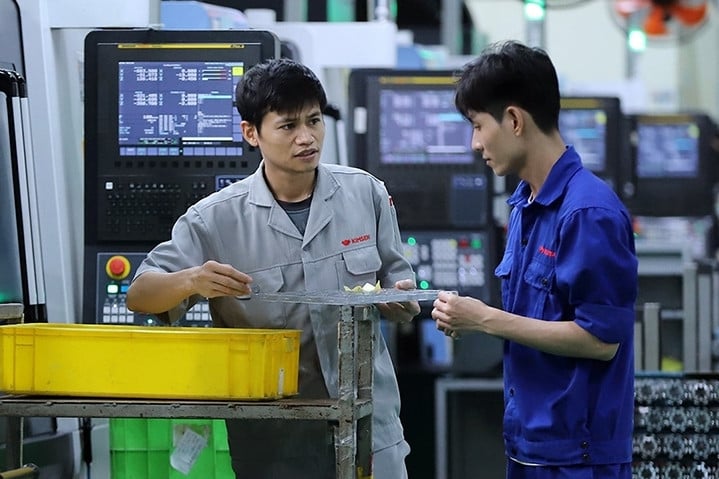
Minimum wage increase 2025
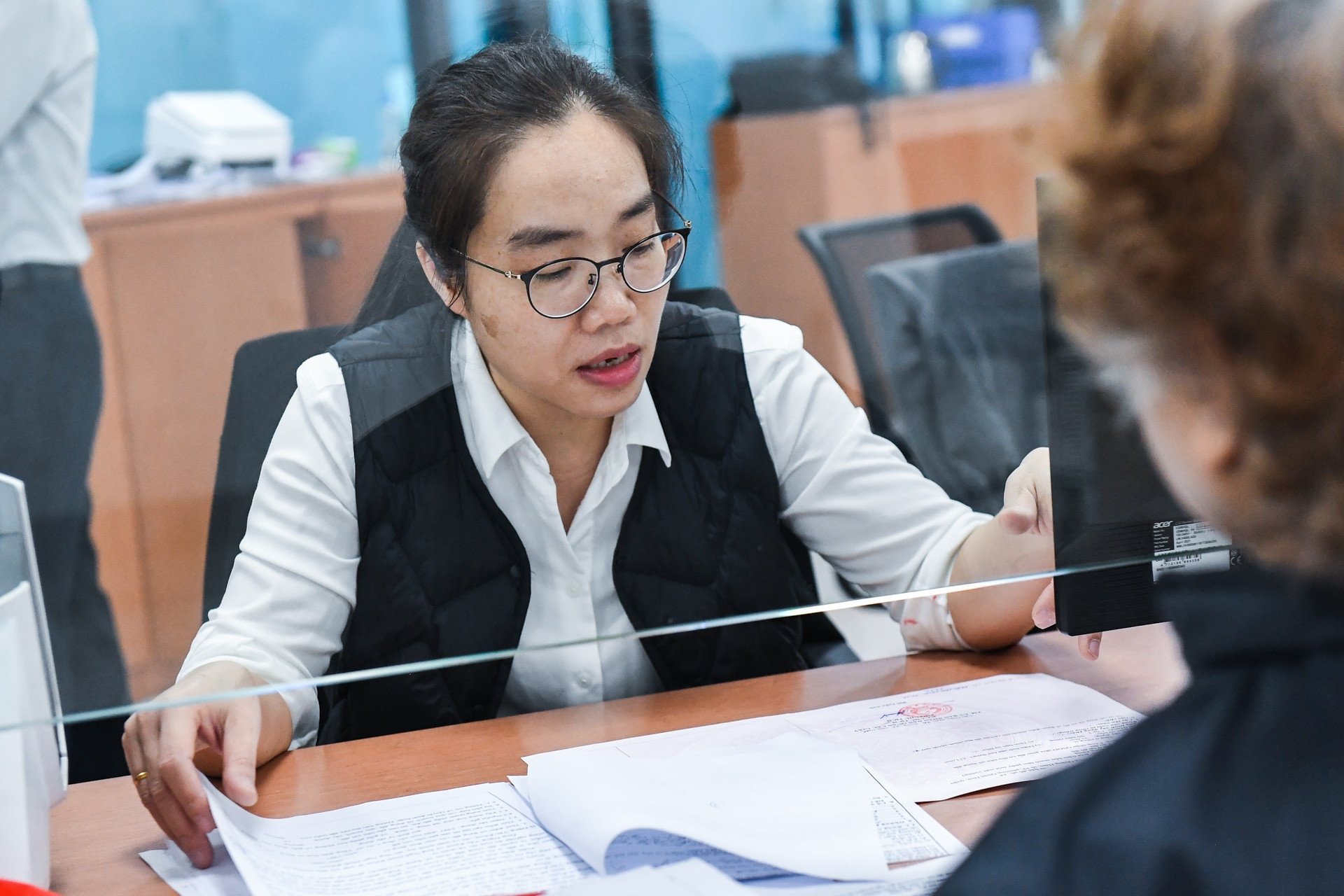
Changing the way of calculating public sector pensions from 2025

In which cases can one receive the maximum pension when retiring early?
Source: https://vietnamnet.vn/ca-doi-khong-that-nghiep-ve-huu-duoc-huong-them-tro-cap-2380512.html



![[Photo] Solemn opening of the 1st Congress of Party Delegates of Central Party Agencies](https://vphoto.vietnam.vn/thumb/1200x675/vietnam/resource/IMAGE/2025/9/24/e648cda95b1e4b92823619e093e50fa4)

![[Photo] Editor-in-Chief of Nhan Dan Newspaper Le Quoc Minh received the working delegation of Pasaxon Newspaper](https://vphoto.vietnam.vn/thumb/1200x675/vietnam/resource/IMAGE/2025/9/23/da79369d8d2849318c3fe8e792f4ce16)







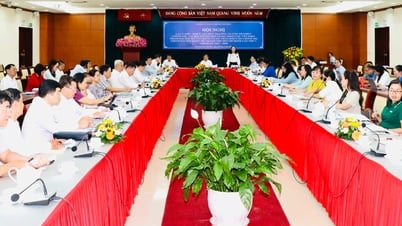





















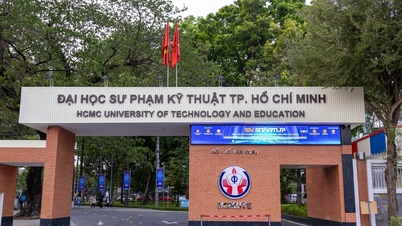




































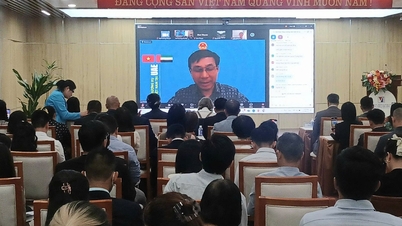














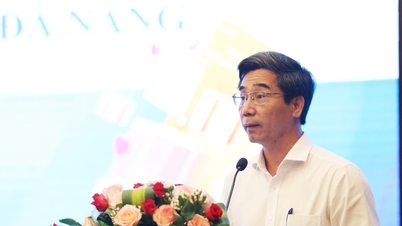

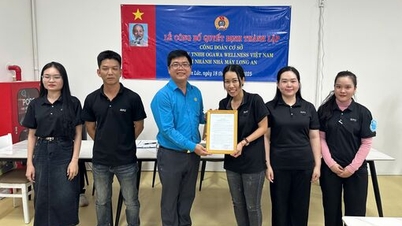










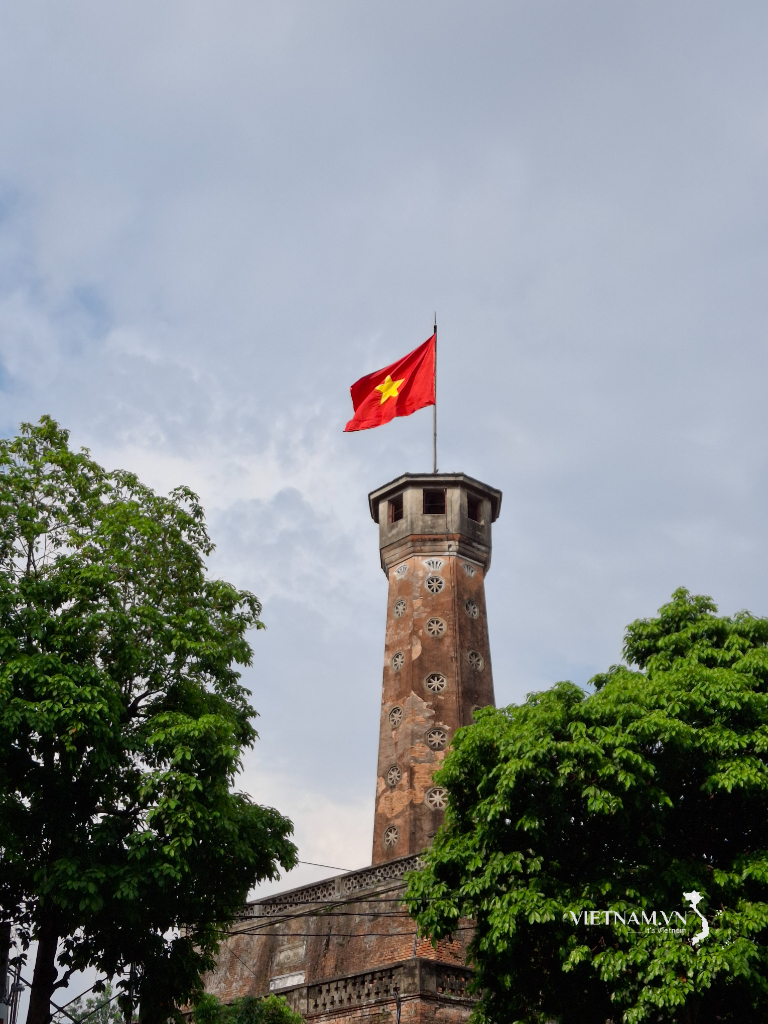

Comment (0)